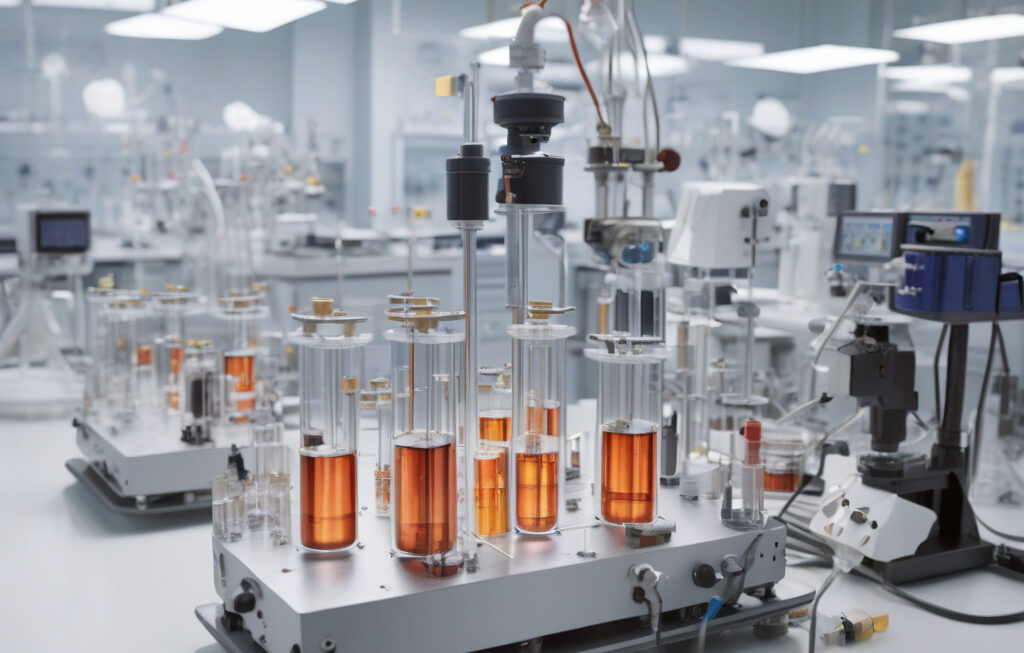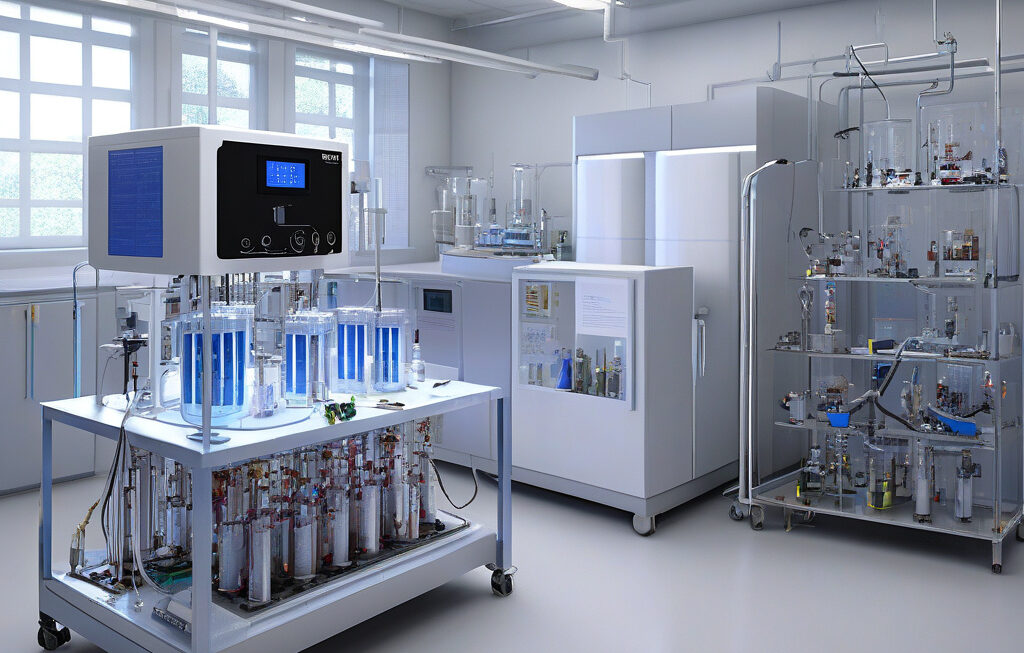Single Molecule Fix Boosts Zinc Batteries to 99.96% Coulombic Efficiency and 600 Cycles
Researchers at Seoul National University have improved the performance and stability of aqueous zinc-ion batteries through a groundbreaking single-molecule fix. This innovation has propelled zinc batteries to achieve an impressive 99.96% Coulombic efficiency and endure up to 600 cycles, marking a significant advancement in the realm of energy storage technologies.
Zinc-ion batteries have garnered attention as a promising alternative to lithium-ion batteries due to the abundance and low cost of zinc. However, their widespread adoption has been hindered by issues such as low Coulombic efficiency and poor cycling performance. By addressing these challenges with a novel single-molecule fix, the team of researchers at Seoul National University has effectively overcome major hurdles in the practical application of zinc batteries.
One of the key advantages of this breakthrough is the remarkable increase in Coulombic efficiency to 99.96%. Coulombic efficiency is a crucial metric that indicates the ratio of the amount of charge that can be extracted from a battery compared to the amount of charge that was initially put into it. Achieving such a high Coulombic efficiency is a testament to the enhanced stability and reversibility of the zinc-ion battery system, making it a more reliable and efficient energy storage solution.
Moreover, the significant boost in cycling performance is another noteworthy outcome of this research. With the ability to withstand up to 600 cycles, the improved zinc batteries showcase long-term durability and reliability, essential qualities for applications requiring sustained energy delivery over an extended period.
The single-molecule fix developed by the researchers plays a pivotal role in enhancing the performance of zinc batteries. By precisely controlling the interactions between zinc ions and the electrolyte at the molecular level, they have effectively minimized side reactions that can degrade battery performance over time. This tailored approach not only improves the overall efficiency of the battery but also prolongs its operational lifespan, addressing two critical aspects of energy storage technology.
The implications of this advancement extend beyond the realm of battery performance. The enhanced stability and efficiency of zinc-ion batteries open up new possibilities for their utilization in various applications, ranging from portable electronics to grid-level energy storage systems. With the growing demand for reliable and sustainable energy solutions, the optimized zinc batteries offer a promising avenue for meeting the evolving needs of the energy sector.
In conclusion, the achievement of 99.96% Coulombic efficiency and 600 cycles in zinc batteries through a single-molecule fix represents a significant milestone in the advancement of energy storage technologies. The groundbreaking research conducted by the team at Seoul National University not only addresses key limitations of zinc-ion batteries but also paves the way for their widespread adoption in diverse applications. As we witness this transformative progress in the field of energy storage, the future looks brighter for efficient and sustainable battery technologies.
zinc batteries, energy storage, Seoul National University, Coulombic efficiency, innovation












